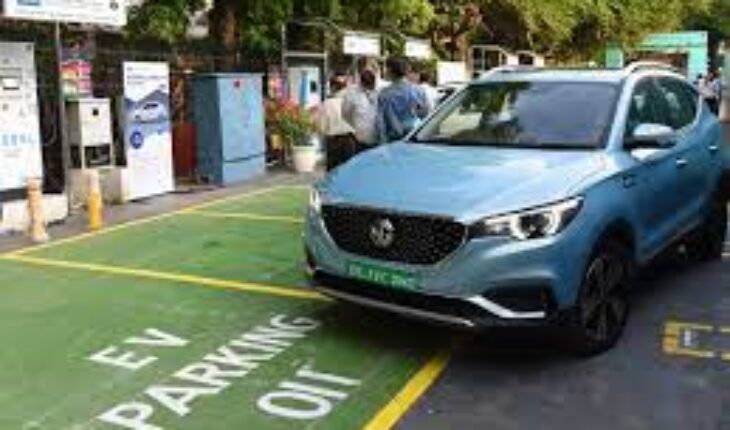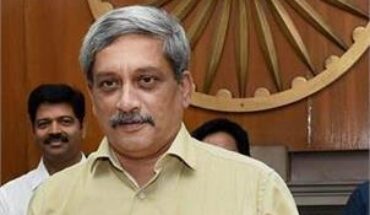By Dominick Rodrigues
Mumbai : The Indian Electric Vehicles industry has been witnessing decent growth in the past few years with sales of 236,802 electric vehicles, including electric two-wheelers (E2W), electric three-wheelers (E3W) and electric four-wheelers (E4W) in FY20-21 itself.
Sohinder Gill, Director-General, Society of Manufacturers of Electric Vehicles (SMEV), said here recently, “We were anticipating a good growth before the start of FY 21, but sales remained stagnant due to various reasons. The sales in electric three-wheeler and two-wheeler segment stood low as compared to last year.”
“Then, the city speed and high-speed category in the two-wheeler segment witnessed sudden growth when people started moving towards advanced batteries like lithium. However, a lot more needs to be done to achieve the target under the FAME II scheme. Timely intervention by the government in a form of policy change is required to fuel the growth and achieve the target by the end of FY22,” Gill said.
“In the E2W segment, the industry registered sales of 143,837 units, including 40,836 high-speed and 103,000 low-speed E2W. The sales of E2Ws declined by 6% in FY21, after having registered sales of 1,52,000 units in FY20. The E3W segment registered sales of 88,378 E3W, as against 140, 683 units sold in FY20. The data doesn’t include E3Ws that are not registered with the transport authority. In the E4W segment, the industry witnessed registration of 4,588 units compared to 3,000 units in FY 20.”
“A strong bank finance mechanism is still missing in the country. Only a few banks like SBI and Axis, to name a few, are offering loans on selected models. The government should ask banks to offer loans on electric vehicles, which will augment sales.”
“Another important factor that would transform the industry is creating awareness about green vehicles. The Central and state governments can play a crucial role in motivating and encouraging citizens to adopt e-vehicles. We have seen in the case of Delhi where the state government is creating awareness, which has encouraged more people to adopt EVs.”
“India’s e-commerce sector has shown a steep growth curve of growing over 200% YOY, due to which its dependence on logistics increases proportionately. One major reason for the growth in EV adoption by B2B players is the cash factor – electric vehicles are cheaper to maintain compared to ICE vehicles. Corporates in India are also proactively transitioning towards electric vehicles. For instance, Amazon India and Flipkart have announced that they will deploy EVs in their fleet of delivery vehicles. The future of the B2B is positive and we will see a lot of traction coming from this segment for the next 2-3 years.”
“Many states — including Delhi, Maharashtra, Andhra Pradesh, Bihar, Chandigarh, Haryana, Karnataka, Kerala, Madhya Pradesh, Odisha, Meghalaya Punjab, Tamil Nadu, Telangana, Uttar Pradesh and Uttarakhand — have rolled out their EV policy. However, some states are yet to implement the policy. The early implementation of state-level policy could assist in creating a larger ecosystem in the country that would help the industry to grow at a much faster pace. Additionally, the state government policy should be focused on demand generation for the initial period that would help in getting more volumes on the road.”
“Around 1,300 charging stations have been set up till now, and many corporates have ventured into the segment by installing charging stations across the country. We anticipate that in the next 5-6 years, we would be able to create robust charging infrastructure in the country,” Gill added.






